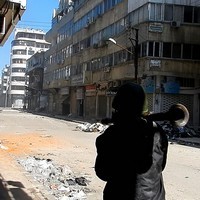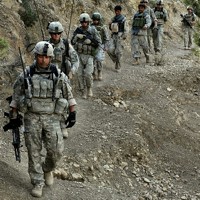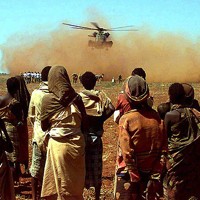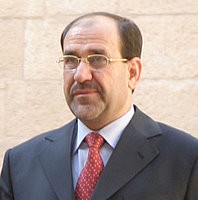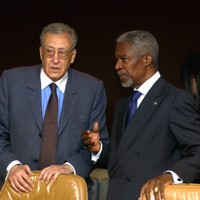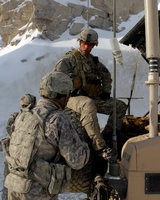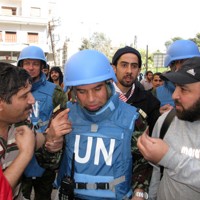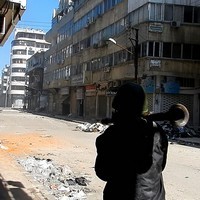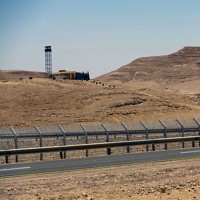
TRIPOLI, Lebanon — Conflict is escalating in Syria as the uprising there enters its 18 month. With clashes between government forces and rebels in recent weeks, tens of thousands of Syrians have fled to safety in neighboring Turkey, Jordan and Lebanon. The United Nations estimates that some 30,000 Syrians have ended up as refugees in Lebanon because of the Syrian uprising. Wadi Khaled, a valley at the border in northern Lebanon, is one of the preferred areas through which Syrian refugees cross illegally into Lebanon. Most cross at night and with the help of cross-border smugglers. They arrive in need […]


